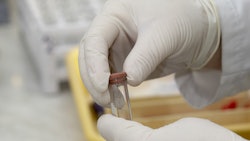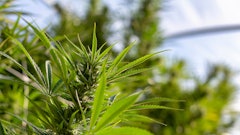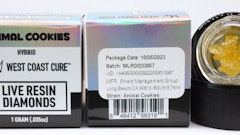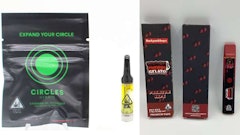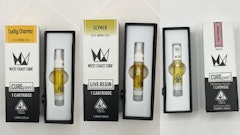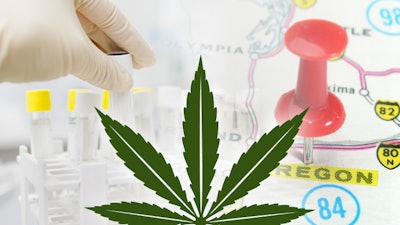
The Oregon Health Authority (OHA) released its first “health alert” Friday, Oct. 21, when two cannabis strains sold from New Leaf CannaCenter in McMinnville, Ore., tested up to 210 times over the allowable pesticide limit.
Around 130 medical marijuana patients bought the products between Oct. 17 and Oct. 19. They were contaminated with spinosad, a common cannabis pesticide. The limit for spinosad presence is 0.2 parts per million (PPM). When tested by Green Leaf Lab of Portland, Ore., the Dr. Jack strain samples tested at 42 PPM and the Marion Berry strain sample tested at 22 PPM. The original health alert is available online here.
“Anyone who visited the dispensary during this time frame should check the label of the product they purchased and immediately return the product to the dispensary, or dispose of it in a safe and responsible manner,” the OHA said in a statement Friday.
As per its medical marijuana laws, the state did not release the name of the offending grower. However, the OHA believes the problem is restricted to New Leaf CannaCenter.
“The tainted batches were transferred to the dispensary by a McMinnville grower that had the marijuana tested by an accredited and licensed cannabis testing laboratory,” the OHA added in the statement. “The affected strains came from just the one grower and were transferred only to New Leaf. Strains with similar names sold at other dispensaries are not believed to have been affected.”
OHA officials are currently investigating how the tainted batch made it to the dispensary shelves, as the products were transferred with failed test results, according to the OHA.
Greg Bogh, owner of the McMinnville dispensary, also released a statement on the store’s website.
“New Leaf CannaCenter is deeply troubled that it received product from a grower that did not meet the standards set by the Oregon Health Authority or the very high standards New Leaf always strives to maintain,” Bogh said in the statement.
“As soon as we learned about the problem, we immediately removed all of the remaining product from our inventory and cooperated fully with the OHA to remedy the situation,” he said, adding that dispensary will be “continuing to work with the OHA to determine how the product reached New Leaf in the first place, since it had failed the mandatory testing undertaken by the grower.”












